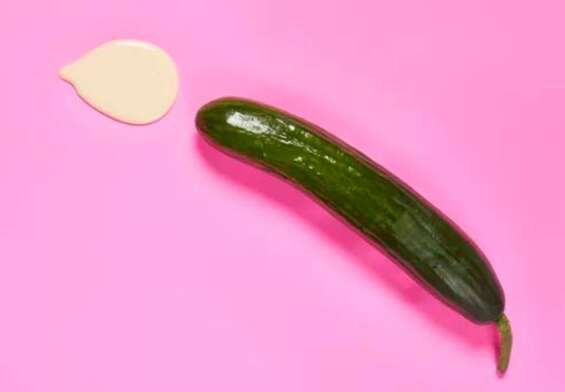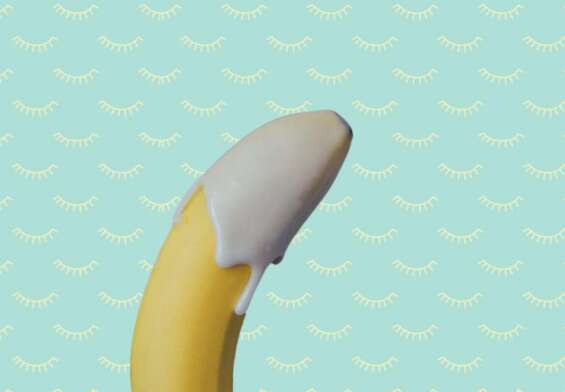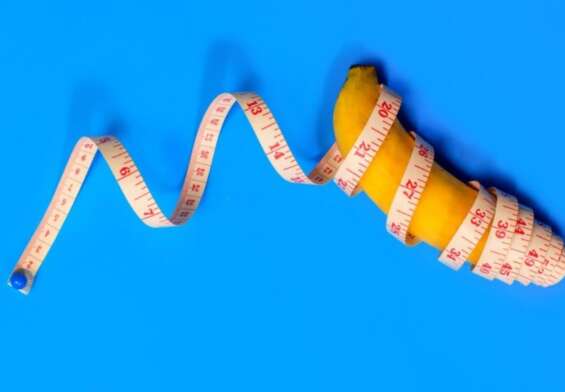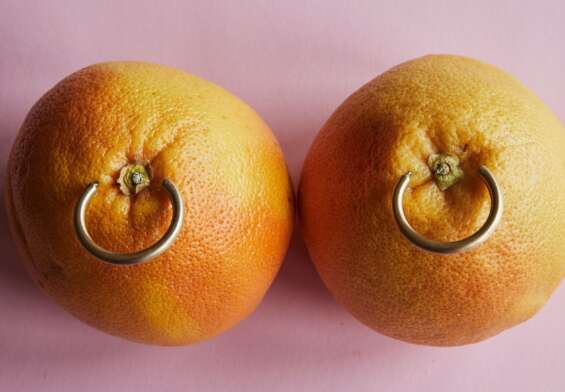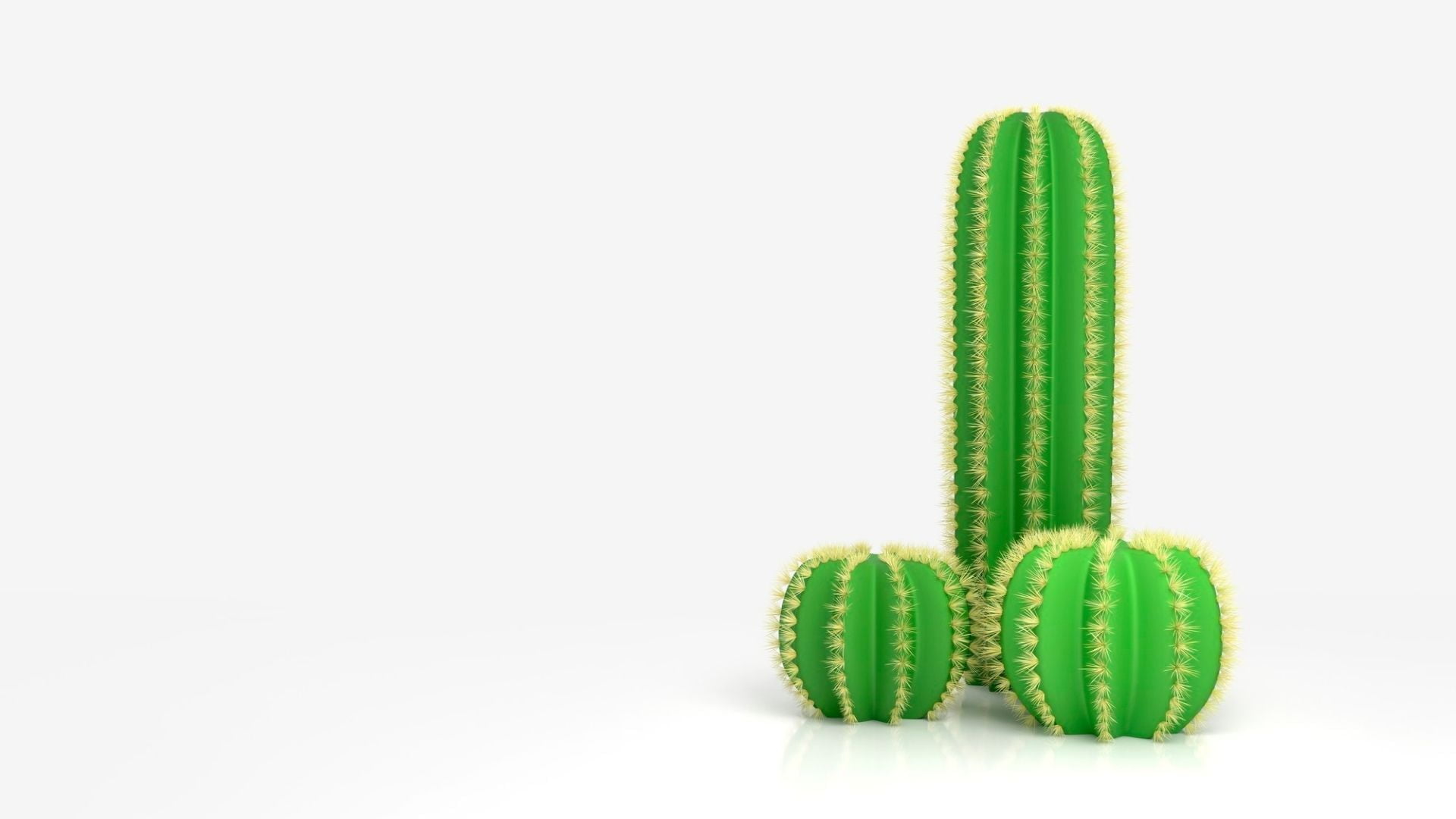
Morning Wood: Causes, Effects, and Solutions
Morning wood, also known as nocturnal penile tumescence (NPT), is a natural physiological occurrence in men. Although it’s a normal bodily function, it’s often shrouded in mystery and misconceptions. This guide will provide a comprehensive overview of morning wood, including its causes, effects, and solutions.
What Is Morning Wood?
Morning wood, also known as nocturnal penile tumescence (NPT), is the occurrence of erections during sleep or upon waking up in the morning. These erections are spontaneous and not necessarily the result of sexual arousal.
What Causes Morning Wood?
Morning wood, also known as nocturnal penile tumescence (NPT), is a common occurrence in men of all ages. While many men are familiar with this phenomenon, few understand the underlying causes of morning wood. In this section, we’ll explore the physiological, psychological, and medical causes of morning wood.
Physiological Causes
The physiology of morning wood is complex and involves multiple factors. During rapid eye movement (REM) sleep, the brain becomes more active, and blood flow to the penis increases. This can cause an erection to occur, even if the individual is not experiencing sexual arousal. Testosterone levels also play a role in morning wood, as higher levels of this hormone are associated with increased sexual desire and function. Nitric oxide production and blood flow to the penis also contribute to the occurrence of morning wood.
Psychological Causes
Psychological factors can also play a role in morning wood. Sexual arousal, dreams, and fantasies can all trigger an erection, even during sleep. On the other hand, stress and anxiety can interfere with normal sexual function, leading to difficulties in achieving and maintaining an erection.
Medical Causes
Several medical conditions can contribute to difficulties with morning wood. Erectile dysfunction (ED), a common condition in which a man has difficulty achieving or maintaining an erection, can cause a lack of morning wood. Sleep disorders, such as sleep apnea, can also disrupt normal sleep patterns and affect the occurrence of morning wood. Certain medications, such as antidepressants and blood pressure medications, can also interfere with sexual function.
In conclusion, the causes of morning wood are multifaceted and involve a combination of physiological, psychological, and medical factors. Understanding the underlying causes of morning wood can help men to address any concerns or difficulties with sexual function. If you are experiencing problems with morning wood or other aspects of sexual function, it is important to seek medical advice to identify any underlying health conditions or potential causes.
Effects Of Morning Wood
Morning wood is a natural physiological response that happens to most men, but it can also have some effects on the body and mind. Here are some of the physical and psychological effects that morning wood can have:
Physical Effects
- Erections lasting longer than usual: Morning wood can sometimes be more persistent than erections that occur during sexual stimulation. This can be uncomfortable and even painful in some cases.
- Discomfort and pain: Some men may experience discomfort or pain when they wake up with an erection, especially if it lasts for a long time.
- Difficulty urinating: In some cases, morning wood can make it difficult or even impossible to urinate. This can be a sign of an underlying medical condition and should be discussed with a doctor.
Psychological Effects
- Embarrassment and shame: For some men, waking up with an erection can be embarrassing or shameful, especially if they are in a shared living space. This can lead to anxiety and stress.
- Anxiety and stress: Morning wood can also cause anxiety and stress in some men, especially if they don’t understand why it’s happening or if they are worried about it being visible to others.
- Negative impact on sexual relationships: Morning wood can sometimes lead to frustration or embarrassment in sexual relationships if a man is unable to control or explain his erections.
Overall, morning wood is a normal and healthy response that usually does not require medical attention. However, if it is causing discomfort or pain, or if it is accompanied by other symptoms, it is important to speak with a doctor. It is also important to remember that morning wood is a natural occurrence and does not necessarily indicate sexual arousal or desire.
What Does It Mean If You Stop Getting Morning Wood?
Morning wood is a natural part of a man’s physiological response to arousal. It’s normal to wake up with an erection, and it’s even more common for younger men. However, if you notice that you no longer get morning wood, it could be an indication of an underlying issue that needs to be addressed.
Physical Causes
There are several physical reasons why a man may stop getting morning wood, including:
- Age: As men age, their testosterone levels decline, which can affect their sexual function, including morning wood.
- Medications: Certain medications, including those for blood pressure and depression, can affect a man’s sexual function.
- Medical conditions: Health conditions such as diabetes, heart disease, and obesity can affect blood flow to the penis, resulting in a lack of morning wood.
Psychological Causes
In addition to physical causes, there are also several psychological reasons why a man may stop getting morning wood, including:
- Stress: High levels of stress can affect sexual function and cause a man to stop getting morning wood.
- Anxiety: Anxiety can also affect sexual function and result in a lack of morning wood.
- Depression: Depression can cause a decrease in libido and affect a man’s sexual function, including morning wood.
What To Do If You Stop Getting Morning Wood
If you notice that you are no longer getting morning wood, it’s important to talk to your healthcare provider. They can help determine the underlying cause and recommend appropriate treatment.
Here are some steps you can take:
- Get a physical exam: Your healthcare provider can perform a physical exam to check for any underlying health conditions.
- Get your testosterone levels checked: If your testosterone levels are low, hormone replacement therapy may be recommended.
- Adjust your medications: If your medications are causing a lack of morning wood, your healthcare provider may be able to adjust the dose or switch you to a different medication.
- Practice stress reduction techniques: Techniques such as mindfulness, meditation, and yoga can help reduce stress and anxiety, which can improve sexual function.
- Consider therapy: Therapy can help address underlying psychological issues that may be affecting your sexual function.
Conclusion
Morning wood is a normal part of a man’s physiological response to arousal, but if you notice that you are no longer getting morning wood, it could be an indication of an underlying issue that needs to be addressed. Talk to your healthcare provider to determine the cause and recommend appropriate treatment.
Solutions For Morning Wood
Morning wood, while a natural phenomenon, can be uncomfortable and even embarrassing. Fortunately, there are a variety of solutions to help manage and even prevent morning wood.
Lifestyle Changes
- Exercise and physical activity: Exercise can help regulate testosterone levels and improve blood flow, which can reduce the frequency and intensity of morning wood.
- Stress reduction techniques: Stress can increase the likelihood of morning wood, so incorporating stress-reducing practices like meditation, yoga, or deep breathing can be helpful.
- Dietary changes: Certain foods and drinks, like alcohol and caffeine, can increase the likelihood of morning wood, so making dietary changes may be helpful.
- Sleep hygiene practices: Proper sleep hygiene, such as maintaining a regular sleep schedule and limiting screen time before bed, can improve sleep quality and reduce the occurrence of morning wood.
Medical Treatments
- Erectile dysfunction medications: Medications like sildenafil (Viagra) and tadalafil (Cialis) can help manage morning wood, particularly if it is related to erectile dysfunction.
- Hormone therapy: Hormone therapy may be helpful in managing morning wood related to hormonal imbalances.
- Therapy for underlying psychological issues: If morning wood is related to psychological issues like anxiety or depression, therapy may be helpful.
- Surgery: In severe cases where morning wood is causing discomfort or pain, surgery may be considered.
Coping Strategies
- Mindfulness and relaxation techniques: Mindfulness and relaxation techniques can help manage the anxiety and embarrassment that can come with morning wood.
- Communication with sexual partners: Talking openly with sexual partners about morning wood can help reduce anxiety and improve the overall sexual relationship.
- Masturbation: Masturbating before bed or in the morning can help manage morning wood by reducing sexual tension.
- Cognitive behavioral therapy: Cognitive behavioral therapy can help address negative thought patterns related to morning wood and improve coping strategies.
In conclusion, while morning wood can be uncomfortable and even embarrassing, there are a variety of solutions available to help manage and prevent it. By incorporating lifestyle changes, seeking medical treatment when necessary, and using coping strategies, individuals can reduce the frequency and intensity of morning wood and improve their overall quality of life.
Faqs About Morning Wood
Why Does Morning Wood Happen?
Morning wood, also known as nocturnal penile tumescence, happens when a man’s penis becomes erect during sleep. This happens because during the rapid eye movement (REM) stage of sleep, the body experiences an increase in blood flow and testosterone production, which can lead to an erection. It is a normal physiological response and usually not a cause for concern.
Who Can Get Morning Wood?
Morning wood can happen to any male who has reached puberty and experiences regular erections. It is most common in young males, but can occur at any age.
Is It Normal To Get Morning Wood?
Yes, it is normal to get morning wood. In fact, most men experience morning wood at some point in their lives, and it is a sign of healthy sexual function.
When To Talk To Your Doctor About Morning Wood?
While morning wood is generally not a cause for concern, there are some cases where you should speak with your doctor. If you experience pain or discomfort during morning wood, or if you notice a sudden decrease or absence of morning wood, it may be a sign of an underlying medical condition such as erectile dysfunction, hormone imbalances, or nerve damage. In these cases, it is important to talk to your doctor to determine the cause and appropriate treatment.
How Are Morning Wood And Wet Dreams Different?
While morning wood and wet dreams are both related to male sexual function, they are not the same thing. Morning wood refers to a spontaneous erection that occurs during sleep or upon waking up in the morning. Wet dreams, also known as nocturnal emissions, refer to the ejaculation of semen during sleep. While both are normal physiological responses, wet dreams typically occur during puberty and may become less frequent with age.
How To Deal With Morning Wood Or Wet Dreams?
There is no one-size-fits-all answer to dealing with morning wood or wet dreams. Some men find that masturbation or sexual activity helps to alleviate morning wood or prevent wet dreams. Others may find that practicing relaxation techniques such as deep breathing or meditation can reduce anxiety and stress related to sexual function. It is important to remember that both morning wood and wet dreams are normal and healthy aspects of male sexual function, and there is no need to be ashamed or embarrassed about experiencing them.
Conclusion
Morning wood is a natural and normal bodily function in men. However, it can also be a source of embarrassment and discomfort for some individuals. By understanding the causes, effects, and solutions for morning wood, men can better manage this aspect of their sexual health. It’s essential to communicate with sexual partners and healthcare professionals to identify any underlying medical or psychological issues that may be causing frequent or infrequent morning wood. By making lifestyle changes, seeking medical treatments, and practicing coping strategies, men can improve their sexual health and overall well-being.



